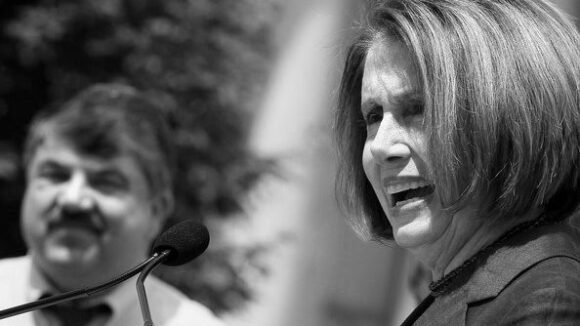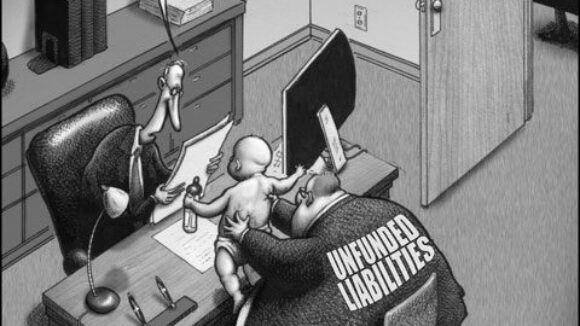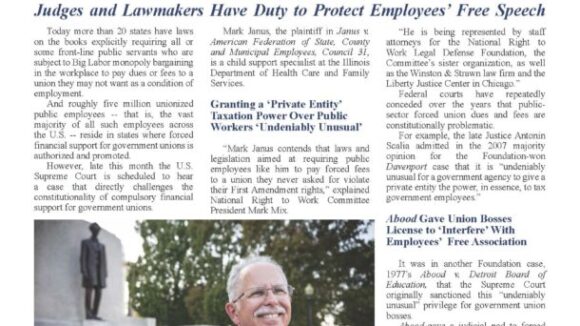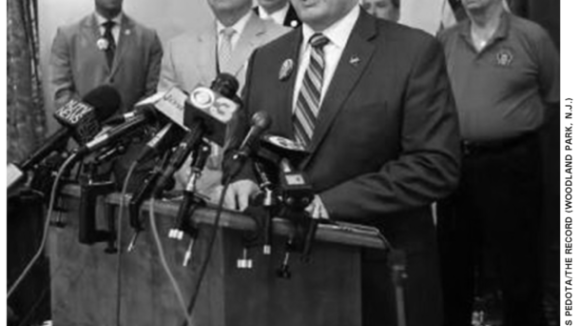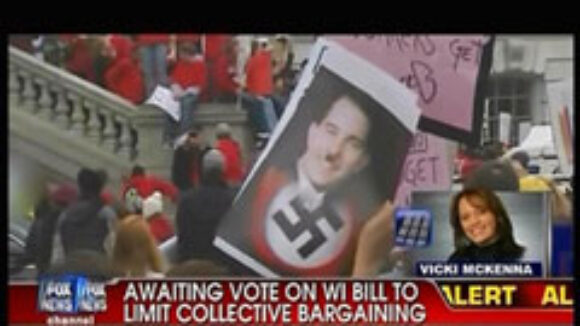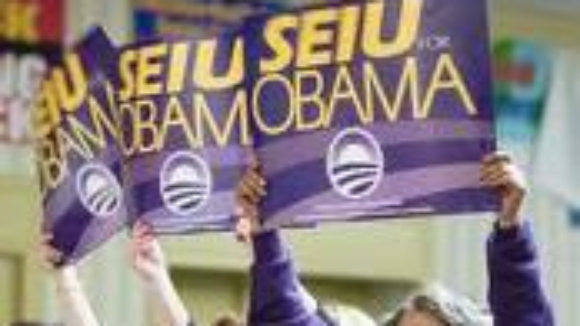WP's Lane: Progressives Should Oppose Big Labor's Walker Recall
From the "progressive" Washington Post's Charles Lane, an exposure of public sector unionism and its unequaled influence on elected officials and the cost of government:
Of course, collective bargaining in the public sector is inherently contrary to majority rule. It transfers basic public-policy decisions — namely, the pay and working conditions that taxpayers will offer those who work for them — out of the public square and behind closed doors. Progressive Wisconsin has a robust “open meetings” law covering a wide range of government gatherings except — you guessed it — collective bargaining with municipal or state employees. So much for transparency.
Even worse, to the extent that unions bankroll the campaigns of the officials with whom they will be negotiating — and they often do — they sit on both sides of the table.
More from Lane:
The furious drive to oust Walker is the sequel to last year’s dramatic battle over his plan to limit collective bargaining by public-sector unions. Walker won that fight, despite tumultuous pro-union demonstrations in and around the state capitol and a boycott of votes on the bill by the Democratic minority in the legislature.
